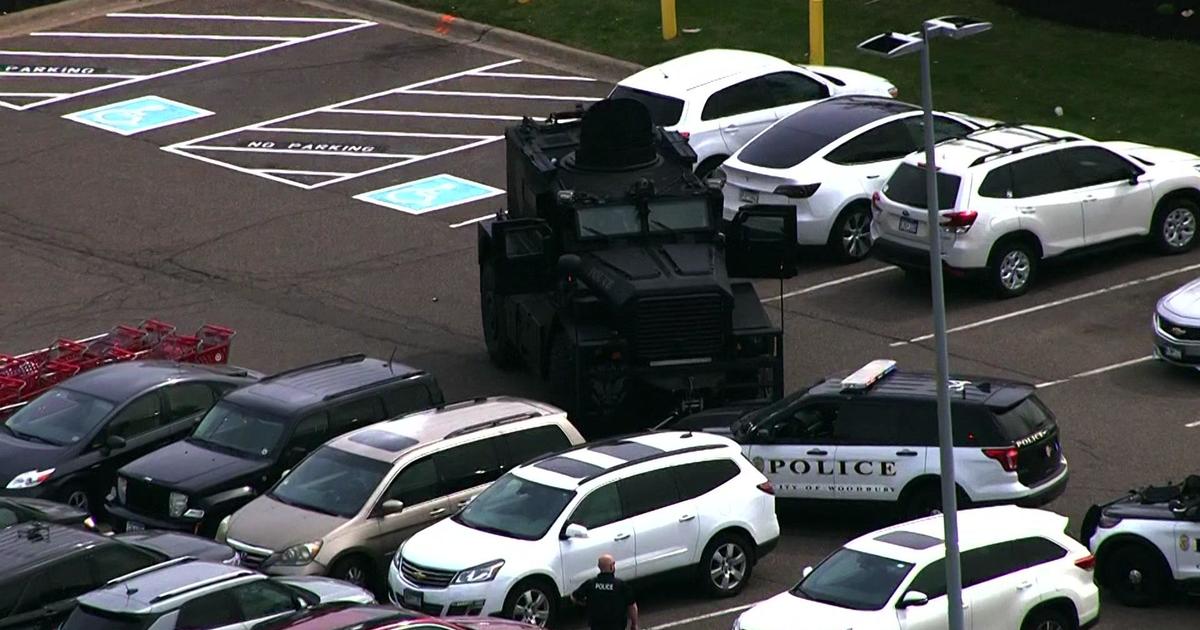Movie Blog: Wes Anderson's 'Hotel' An Elaborate Fib
One of the things Wes Anderson fans tend to love is his ability to tell stories that exist outside of the standard hero-villain binaries. He's more interested in the flaws that draw his characters away from both poles. Occasionally that can make audiences more accustomed to more melodramatic conflicts feel untethered, leading them to fixate on Anderson's fastidious production design and, inevitably, dismiss his work as twee.
But more often than not, the rigid structure of his environments is often at odds with the off-kilter nature of his misfit protagonists. Anderson's shot compositions are usually frontal like Stanley Kubrick's, but unlike Kubrick, he often shifts the camera away from its establishing point to convey a sense of disruption within the order of things.
Audiences who choose to only see the obsessive-compulsive form aren't likely to ever come around, but it's worth noting that in his most recent films -- Fantastic Mr. Fox, Moonrise Kingdom, and now The Great Budapest Hotel -- he has made great strides to rattle his own cage. Fox transposed his sensibilities beautifully onto a Roald Dahl fable, with major scenario help from Noah Baumbach, and his painstaking approach to mise-en-scene couldn't have been a better fit for the realm of stop motion animation. (Gun to my head, I'd call it his best movie to date.) And Moonrise Kingdom traded in the fidelity of 35mm or digital video for the inherent imperfections of 16mm.
Now comes Budapest Hotel, which doesn't even honor its chiaroscuro bric-a-brac with a reliable frame, alternating back and forth between 2.35:1 'scope, 1.85:1 flat and the all but defunct Academy ratio of 1:33:1. (If none of the last sentence made any sense to you, don't worry -- even projectionists may be potentially confused. You'll catch on when you see the frame bounce back and forth between rectangles and squares.)
The strategy isn't just, ahem, a handy framing device to help keep track of the multiple time periods the movie juggles. It's also a purposefully jarring method to highlight the possibility that the main storyline of Budapest Hotel is, in all likelihood, an elaborate tall tale.
There are four discrete parallel timelines in play, but the main one involves the story being told to Jude Law's unnamed author by Zero Moustafa (F. Murray Abraham) about how he, as a young child (played by newcomer Tony Revolori) came into the good graces of the Grand Budapest Hotel's concierge/gigolo Gustave (Ralph Fiennes, spectacularly funny) and eventually became his protégée and liege. The story also concerns how Gustave inherited the hotel, all against the backdrop of what, in Anderson's cuckoo clock alternate-world Old Europe, stands in for WWII.
The plot is fussy by design. But because Anderson's narrative devices put multiple levels of distance between the source of the actual story and its representation on screen, it emerges as an amusing sort of matryoshka doll, with a very compact core of sublimated pain surrounded by layers of arch but hollow storytelling. It's an extended game of "Telephone" that spans eras and heartbreaks, and it handily reverses Stephen King's maxim "It is the tale, not he who tells it." In the case of Budapest Hotel, it takes a village to come up with a whopper like this.



